Research
In addition to the resources highlighted on srln.org, be sure to check the following sites, which house important research, data, reports and evaluations that impact access to justice for the self-represented litigant.
- The American Bar Association's Standing Committee on the Delivery of Legal Services website
- The American Bar Association's Resource Center for Access to Justice Initiatives website
- The American Bar Foundation's Access to Justice Research website
- US Government’s Open Data Project website where you will find data, tools, and resources to conduct research, develop web and mobile applications, design data visualizations
- The Equal Access Unit of the California Judicial Council's Center for Families, Children & the Courts website
- The Justice Index website
- Legal Services Corporation's LSC Resource Information website
- Legal Services National Technology Assistance Program website
- The National Center for State Courts' Court Statistics Project website
- The National Center for State Courts' Library website
- The National Legal Aid and Defender & Defender Association's Legal Aid Research website
- The National Coalition for a Civil Right to Counsel website
- National Telecommunications and Information Administration (NTIA) website that tracks broadband access
- Pew Research Center on Internet, Science and Technology website
Research: “This ‘order’ must be ANNIHILATED”: How Benjamin Austin’s Call to Abolish Lawyers Shaped Early Understandings of Access to Justice, 1786-1819 (Jeon 2020)
Author Kelsea Jeon prepared this senior thesis and submitted this document to the History Department of Yale University in partial fulfillment of the requirements for the degree of Bachelor of Arts.
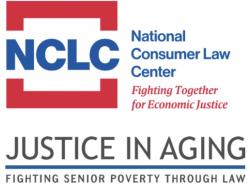
Report: Mismatched and Mistaken: How the Use of an Inaccurate Private Database Results in SSI Recipients Unjustly Losing Benefits (Mancini, Lang, and Wu 2021)
In the fiscal year 2018, the Social Security Administration (SSA) began using a data set from LexisNexis (Lexis) called Accurint for Government on a widespread basis to determine whether recipients of needs-based government assistance had unreport
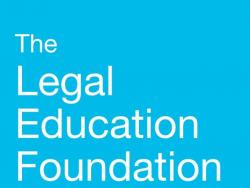
Report: Digital Justice: HMCTS Data Strategy and Delivering Access to Justice Report and Recommendations (Byrom 2019)
This report was based on research conducted by Dr. Byrom during a three-month secondment to HM Courts and Tribunals Service (HMCTS) in early 2019, at the invitation of HMCTS chief executive Susan Acland-Hood.
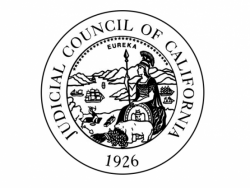
Report: Sargent Shriver Civil Counsel Act: Report to the Legislature (Judicial Council of California 2020)
On Monday July 13, 2020 at noon eastern, the SRLN Research Working Group hosted a presentation by Bonnie Hough of the California Judicial Council and Kelly Jarvis of NPC Research who reported on the major, multi-year research produced as a result
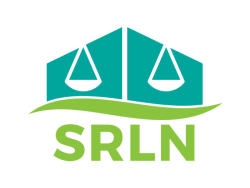
Resource: SRLN Legal Design Bibliography (SRLN 2020)
The attached bibliography provides a comprehensive, but not exhaustive, list of resourcs and materials related to legal design research, thought leadership, and case studies demonstrating it's potential to improve access to justice.

Website: IAALS Honoring Families Initiative (IAALS)
The Institute for the Advancement of the American Legal System Honoring Families Initiative is a project aimed at promoting new approaches to improve outcomes in legal issues related to divorce, separation, and

Evaluation: The Utah Online Dispute Resolution Platform: A Usability Evaluation and Report (i4J Program 2020)
The Utah Online Dispute Resolution Platform: A Usability Evaluation and Report was published by the Innovati

Report: Cases Without Counsel: Experiences of Self-Representation in U.S. Family Court (IAALS 2016)
The following excerpt introduces the report:
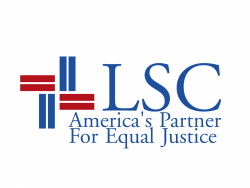
Report: The Justice Gap: Measuring the Unmet Civil Legal Needs of Low- Income Americans (LSC 2017)
The report begins with the following introduction –
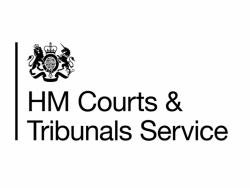
Report: HM Courts & Tribunals Service Citizen User Experience Research (HMCTS 2018)
The report provides the summary produced below –